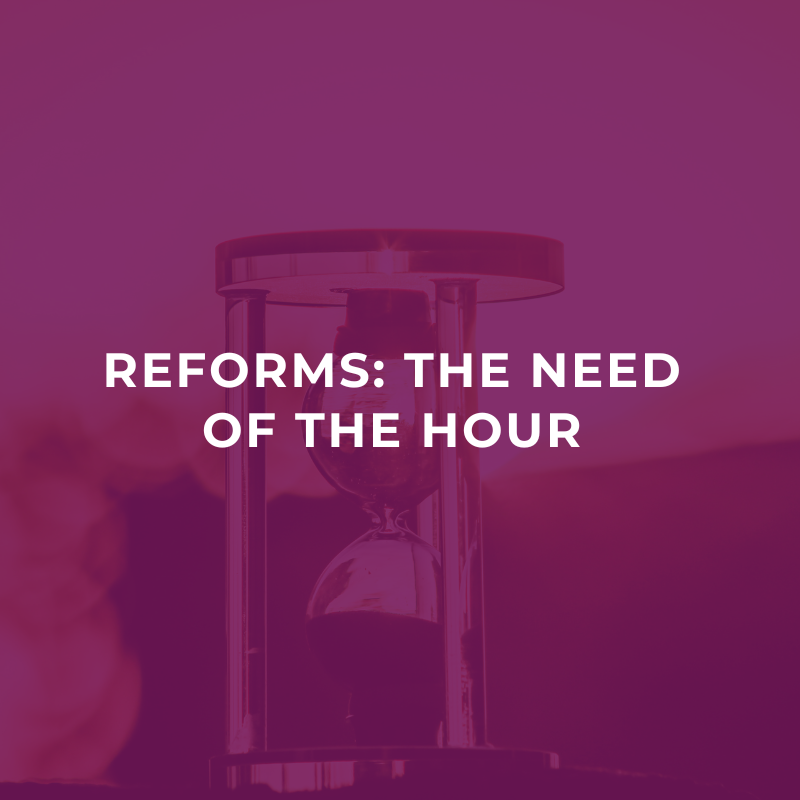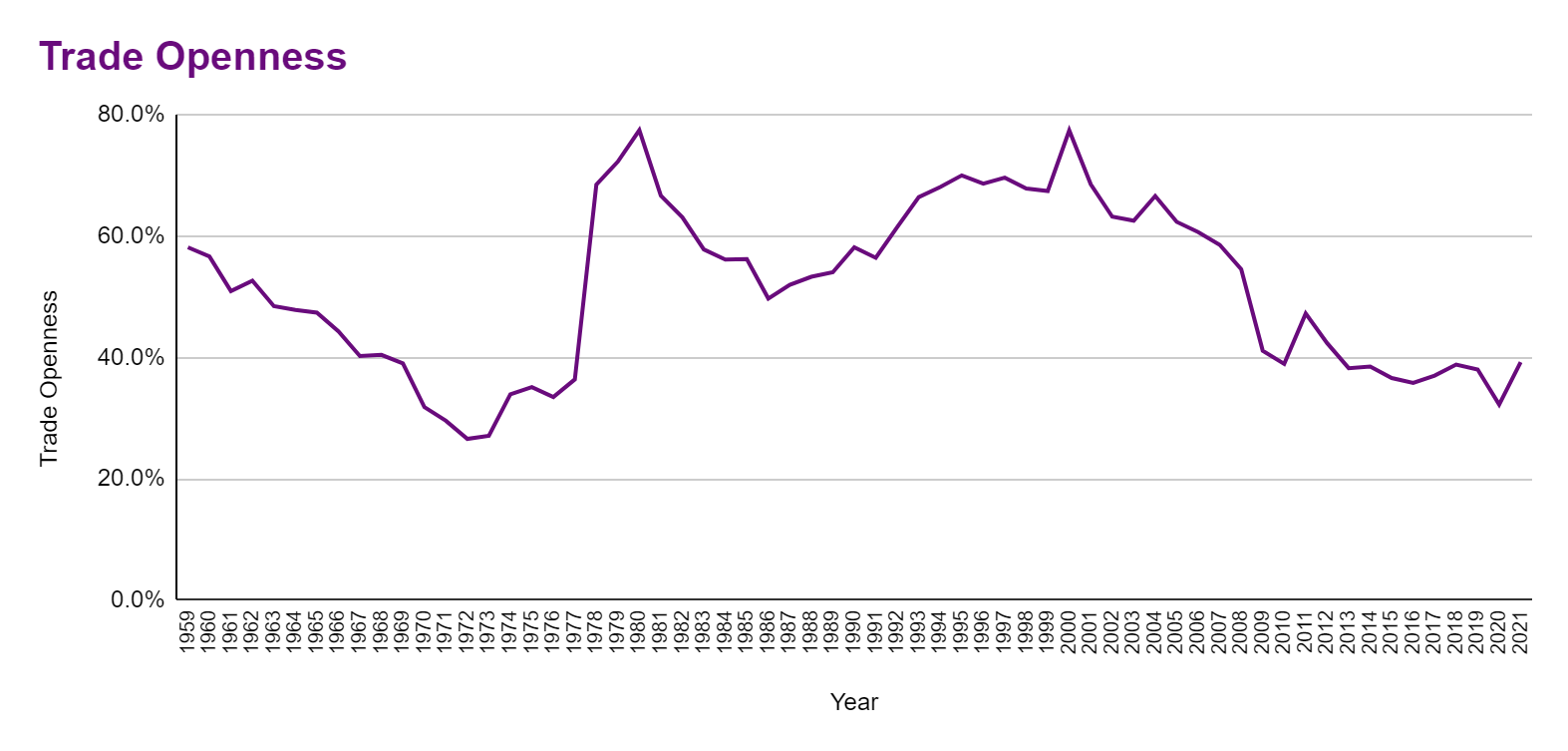Originally appeared on The Morning
By Dhananath Fernando
Former Governor of Anambra State in Nigeria Peter Obi once wisely said: “No country can progress if its politics is more profitable than its industries. In a country where those in government are richer than the entrepreneurs, they manufacture poverty.”
This is quite relevant to the Sri Lankan scenario. If so, we have been manufacturing poverty over the years and the key tool used for it by politicians is weak governance structures. Even if we apply the best economic policy in the world, it would mean nothing in a society without governance.
The current reforms which are being discussed should also give equal weight to governance. Among the key reforms that have been discussed in Parliament, governance reforms should be given paramount importance. Suggested reforms related to the Central Bank, State-Owned Enterprises (SOEs), social safety nets, and reforms on trade accounts are key components.
Governance reforms and CBSL independence
In the current set-up where the President is also the Finance Minister, there is a possibility of diluting governance structures. Both tasks are quite challenging and attempting to facilitate both will likely result in nothing, especially during an economic downturn. When reforming the Central Bank of Sri Lanka (CBSL), in order to ensure its independence, appointment of positions should come through the Constitutional Council.
Conversely, if the integrity of the Constitutional Council is diluted, the process of appointment of members to both the Monetary and Governance Boards of the Central Bank will not be channelled through proper checks and balances. This lack of governance structures in the CBSL leaves room for diluted appointments, particularly at a time when there is a need for a dynamic and credible Central Bank.
Governance reforms for SOEs
State-Owned Enterprise reforms require a governance structure with depth. At the moment, the SOE Restructuring Unit has called for proposals for transaction partners, but the selection of the partners should be managed with transparency.
One way to ensure transparency is to avoid information asymmetry by providing access to information to potential interested partners of SOEs. Unsolicited proposals should be avoided and competitive bidding processes have to be adhered to. While we can consider privatisation of some entities, it is important that we implement governance structures for the remaining SOEs.
Governance structures on procurement have to be in the forefront. In a nutshell, SOE reforms have to be driven by governance reforms. Otherwise, one bad transaction can drive public confidence down and lead Sri Lanka back to square one. Managing as well as reforming SOEs has provided a window of corruption for politicians.
As Peter Obi said, one tool for politicians to become richer than the industries itself has been either to appoint their henchmen to maintain corruption, while sometimes they try to make profits when the reforms take place. Both have to be avoided and can only be minimised through governance reforms.
Governance reforms for social safety nets
Another set of key reforms which requires a deeper governance structure are the reforms related to social safety nets. It is no secret that the existing Samurdhi programme has been politically driven and poorly targeted. However, a new scheme has been gazetted and people have been asked to apply for the new social safety net.
Ideally, the new selection has to be verified again through a third party organisation where political intervention is at a minimum. The selection of these third party organisations have to be made through a transparent procurement process. Otherwise, the same political biases on selecting the most vulnerable people will prevail.
We have to keep in mind that every reform or every move provides a window for politicians to profit more than entrepreneurs. That is the very reason why we need to limit Government involvement and bring in governance structures. Only solid governance structures and people’s solidarity with governance structures can stop politics from becoming more profitable than industries.
The opinions expressed are the author’s own views. They may not necessarily reflect the views of the Advocata Institute or anyone affiliated with the institute.


